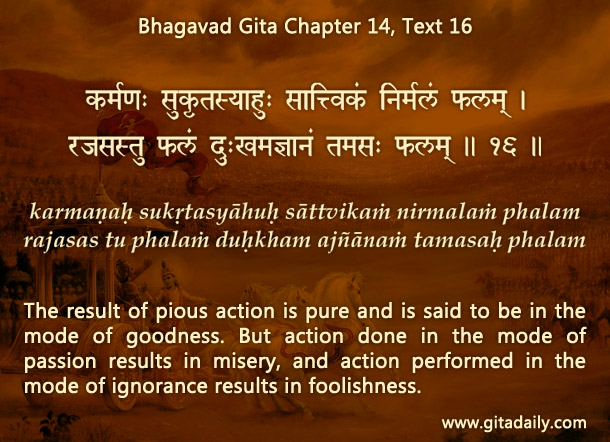We could divide the world around us into two categories: the things we have and the things we don’t have. Whenever we see something desirable that we don’t have, we naturally feel dissatisfied. Consequently, we believe that if we could just have that thing, we would become satisfied.
Unfortunately, such a belief is exhausting and deluding. Let’s see how.
Exhausting: Acquiring the attractive things that we don’t have is rarely easy; it often requires enormous work. Moreover, no matter how much we succeed in moving things from the don’t-have category to the have category, there will always remain many things still in the don’t have category. Thus, we sentence ourselves to lifelong labor, craving and chasing the things we don’t have.
Deluding: Even if we are willing to accept the exhausting work, it still won’t remove our dissatisfaction. Why not? Because what primarily causes our dissatisfaction is not our condition, but our conditioning: not our condition of not having certain things that we imagine will make us happy, but our conditioning to keep looking at the things we don’t have. That conditioning makes any improvement in our condition unproductive. Even if we substantially improve our financial condition, thereby gaining many things we didn’t have earlier, our conditioning will latch our vision, even lock our vision, on the things we don’t have, thereby keeping us dissatisfied. Such a conditioning arises from the mode of passion, which, the Bhagavad-gita declares, is associated with greed, insatiable craving and excessive work (14.12) — and which results in distress (14.16).
One-sentence summary:
Dissatisfaction is caused by what we don’t have — this notion is exhausting and deluding: exhausting because it sentences us to constantly chasing the things we don’t have; and deluding because what actually keeps us dissatisfied is our conditioning to keep looking at the things we don’t have.
Think it over:
- What do we usually believe is the cause of dissatisfaction? Why?
- Why is this belief exhausting?
- Why is this belief deluding?
***
14.16: The result of pious action is pure and is said to be in the mode of goodness. But action done in the mode of passion results in misery, and action performed in the mode of ignorance results in foolishness.
To know more about this verse, please click on the image


vacillation is the source of miseries